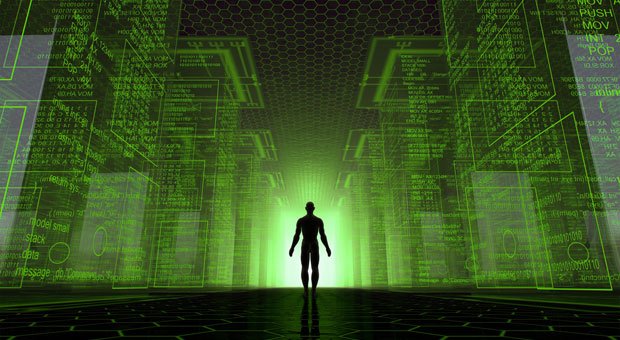
[ad_1]
The age of connected and intelligent systems has been a subject of intense media coverage and hot debate, but the implications will be much greater than many have forecast. Most predictions paint a rather bleak picture for lower-income blue collar jobs.
Many will be replaced with automation resulting from the combination of advanced sensor, connectivity, processing, robotics and artificial intelligence technologies. However, the impact on white collar jobs and communities may be even more significant.
To be fair, every advancement in technology has been met with alarm bells. Everything — from textile machines to the automobile to advancements in manufacturing — has sparked resistance and fear of lost jobs. What typically happens is that new jobs are created in place of old jobs, but those new jobs require different skill sets, and there may be a downturn in some professions before there is an equal upsurge in others.
The personal computer changed and ended many data entry and secretarial jobs, for example, but it created a plethora of new technology jobs. Technology historically has displaced many traditionally human, often labor-intensive, jobs. Robotics has been displacing human labor in automotive and equipment manufacturing for more than 40 years. Now technology is displacing food service and warehouse workers, cashiers and even writers, among many others.
Better-Than-Human Doctors?
As we recently have seen in both the U.S. and Europe, technology is not the only cause for some of these job losses. Often, they are a result of many factors, such as economic swings, outsourcing to other regions, and changes in business and consumer demand. Technical innovations are not to blame for all of society’s ills.
The losses also can be attributed to competition, the higher cost of human labor, liability associated with human labor, productivity issues, and government regulations (that is, protections) for human labor.
These issues and others will continue to have an impact on traditional blue collar jobs while technology continues to improve and become more cost competitive. These trends spell trouble for current workers who lack skills, and for future generations who are ill prepared for workforce changes.
Just as robots automate manual tasks, new deep learning neural networks enable the automation of intellectual tasks, displacing white-collar jobs that require experience, education, and even the need for a physical presence. This spells change for many jobs that traditionally have been high-skilled, high-paying positions, along with related highly profitable businesses.
Life-Saving Machinery?
Physicians, pharmacists, attorneys, airline pilots, sales professionals, specialized researchers and engineers are positions that often pay more than US$100,000 per year, but many of them will be impacted by the Internet of Things/Artificial Intelligence (IoT/AI) revolution.
Consider that planes can be automated — and in some respects, already are — and will continue to benefit from autonomous control systems. The broad and ever-changing knowledge bases for medicine and law already are larger than humans can comprehend, which is why most physicians and attorneys already leverage knowledge databases.
In engineering, semiconductor design layouts are so complex that only advanced electronic tools can optimize a chip layout effectively. As the amount of information in these and other professions exceeds the capabilities of humans to process accurately and make timely decisions, AI will fill the void.
Transportation and medicine are key areas, because AI will change not only these industries, but also society in general. Medical AI can increase the speed and accuracy of diagnoses, for example, craft custom medications to a patient’s illness and DNA, increase the effectiveness of invasive procedures, and thus extend life expectancy.
While it likely will not decrease the need for caregivers, it may decrease the need for experts. In the past decade, most U.S. healthcare providers have transitioned to electronic medical record (EMR) systems. This technology provides digital information on scans, lab tests and diagnoses, as well as followup information on the accuracy of the diagnoses.
For example, if you take all the information from the healthcare providers — which is allowed under HIPAA if the patient’s identifying information is not included — and train an AI solution to provide a diagnosis and care procedures, you could reduce the need for certain professionals like radiologists.
AI May Vaporize High-Skilled Jobs
Many companies have been working to bring AI to the medical industry. In a similar manner, AI combined with automation could eliminate the need for pharmacists, reducing or eliminating the human factor that sometimes contributes to the miscounting or mislabeling of a prescription, or underestimation of potential drug interactions.
Looking forward, AI will have a huge impact on society, and everyone will have some interaction with it through things as simple as a search engine or something more advanced like a virtual doctor.
Society will be better for the use of technology. However, the same technology that makes our lives better also will eliminate many highly skilled and highly sought-after jobs. It is difficult to determine the complete impact AI will have on jobs, but it is clear that even highly skilled professions will feel the impact.
Meanwhile, there is an insatiable demand for experts to develop the next generation of AI solutions.
[ad_2]
Source link






